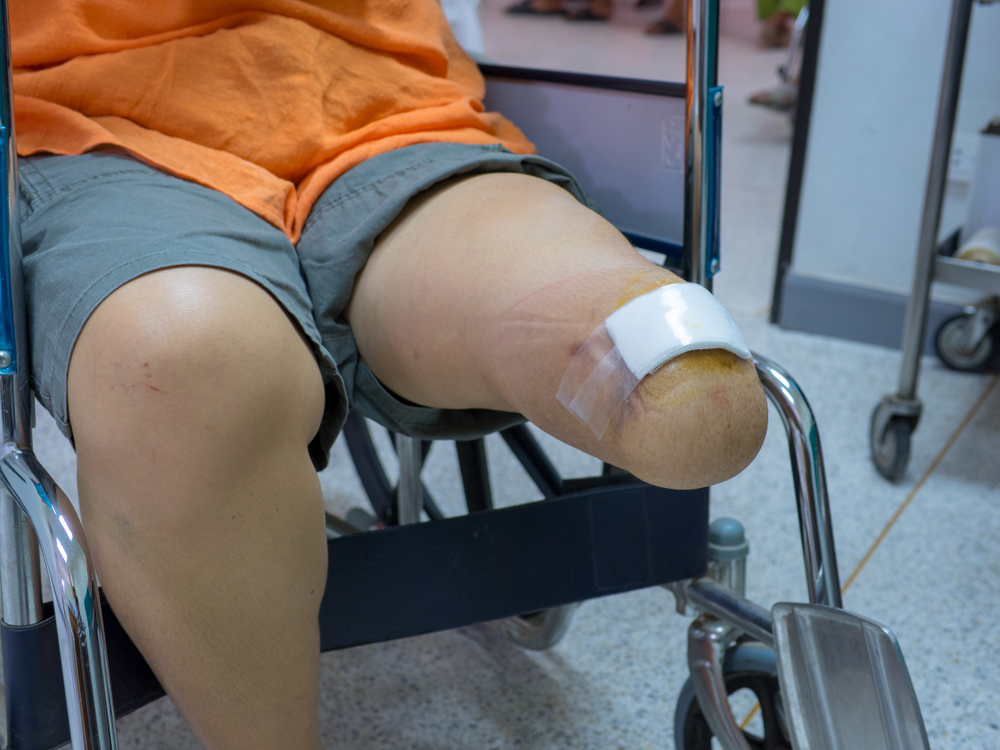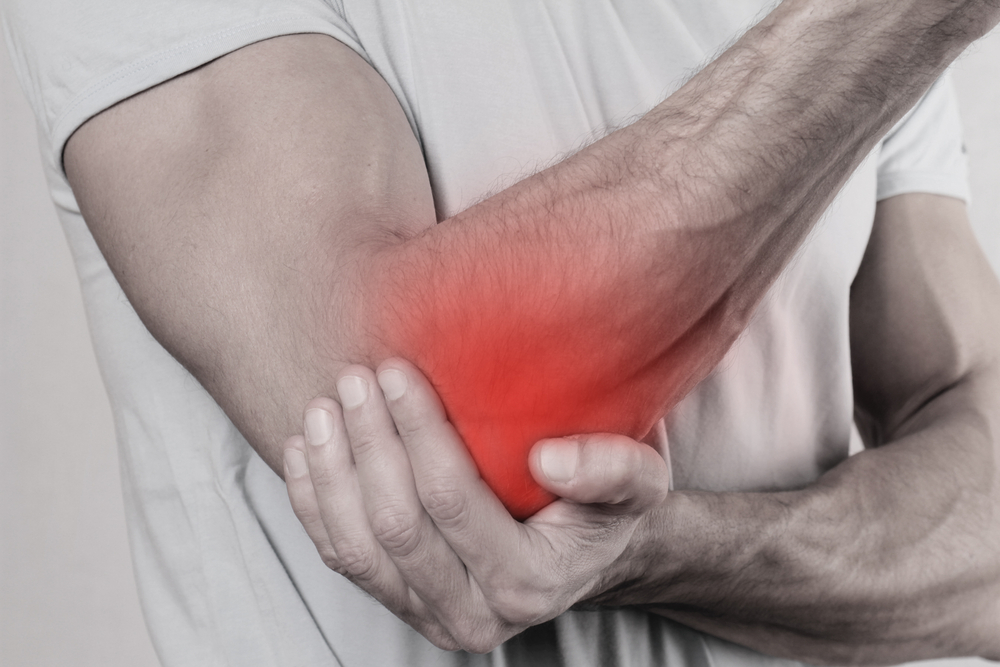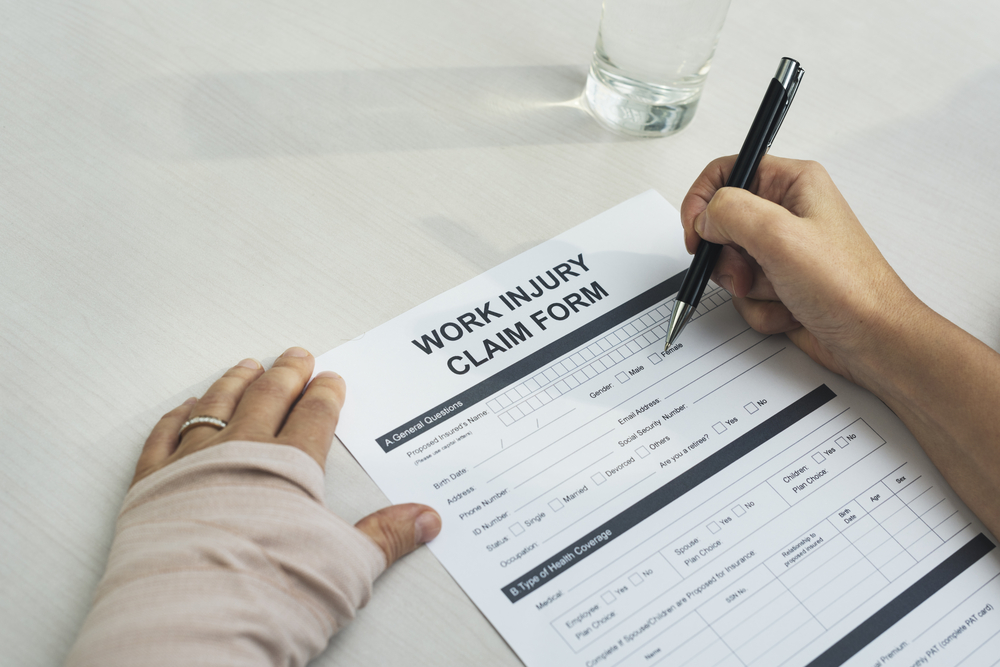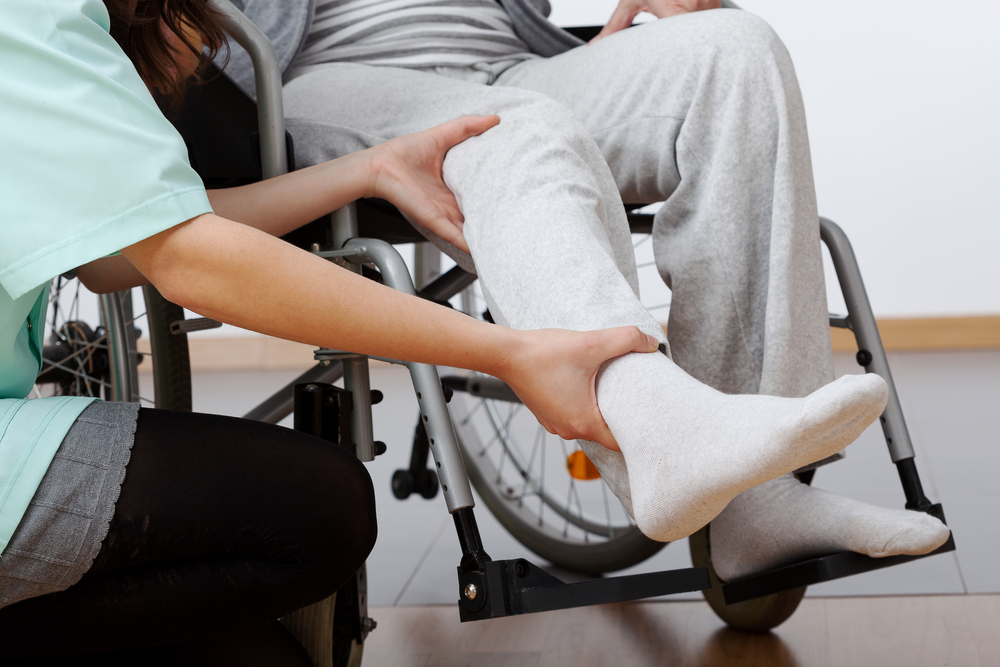We know how challenging it can be for injured workers to receive appropriate treatment and compensation when these benefits are needed most. Numerous legal requirements are involved in settling a workers’ compensation claim, and it can be difficult to navigate them on your own. At The Bainbridge Firm, LLC, we understand the Ohio workers’ compensation system and have experience handling all phases of workers’ compensation issues, including:
- Financial compensation, including lost wages, temporary and permanent total disability, permanent partial disability and lump-sum awards
- Medical benefits
- Settling a case
- Appeals
If you are injured while working, then you may be entitled to workers’ compensation benefits. Workers’ compensation provides payment to employees to cover lost wages, medical expenses, and other losses experienced from the injury. Employees have certain rights in Ohio workers’ compensation cases. For assistance in filing a workers’ compensation claim, contact the Columbus workers’ compensation lawyers at the Bainbridge Firm.

















